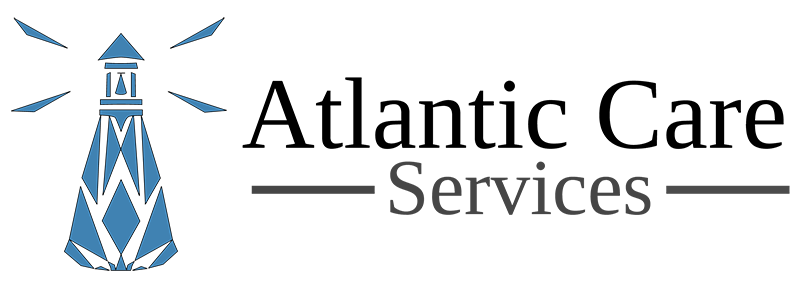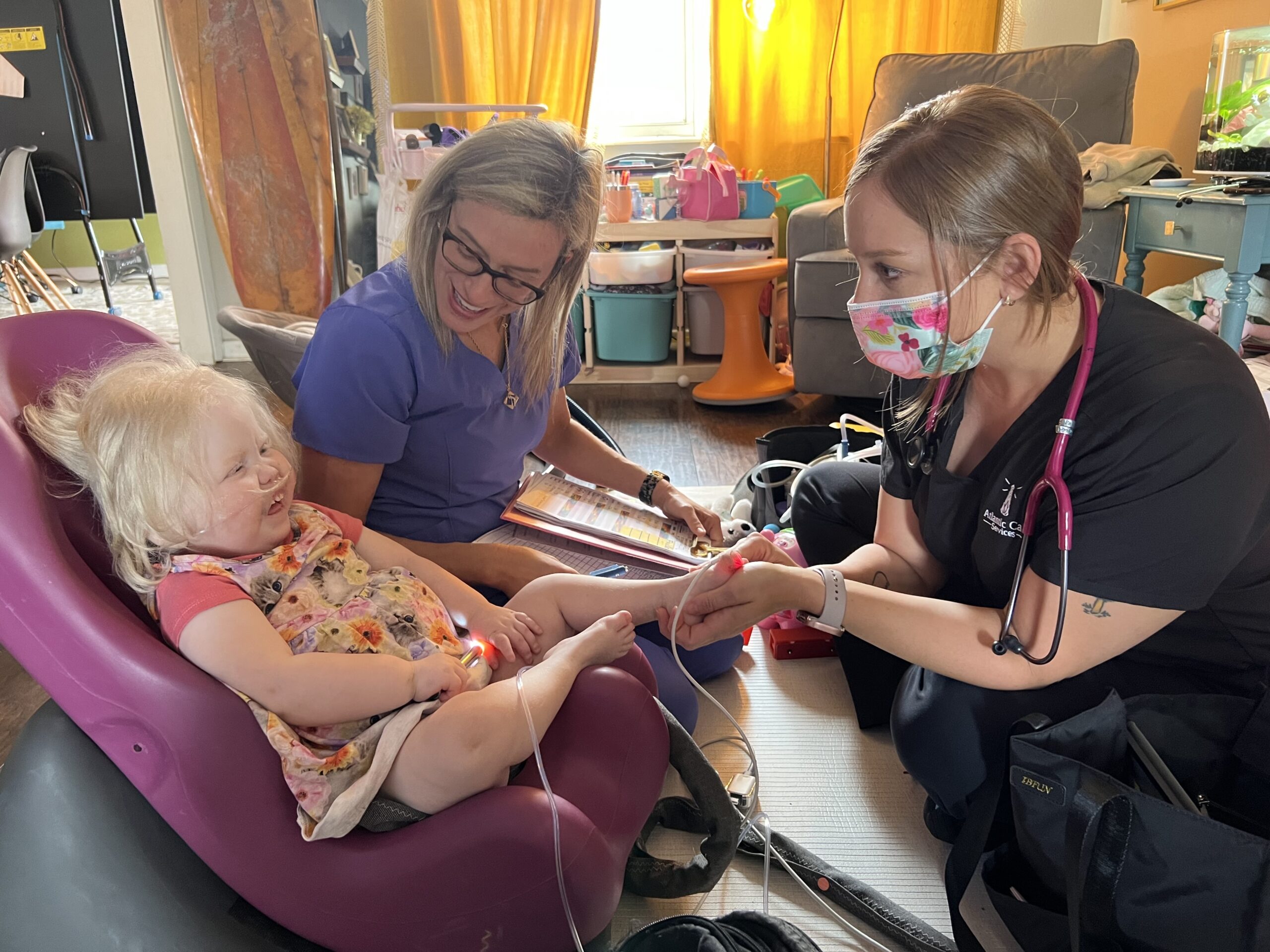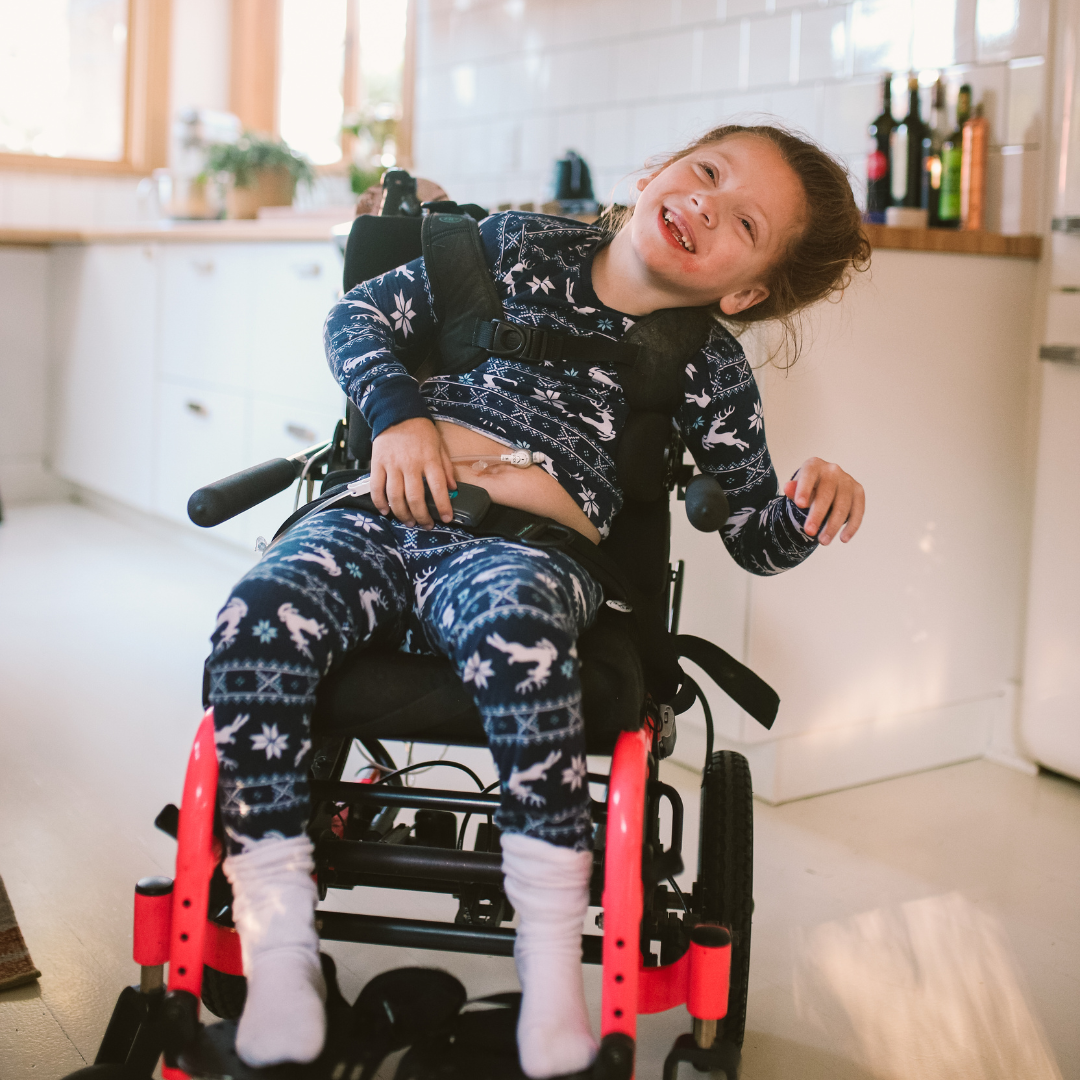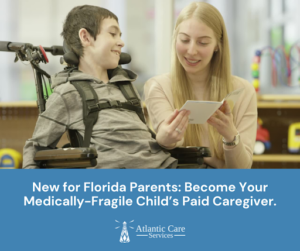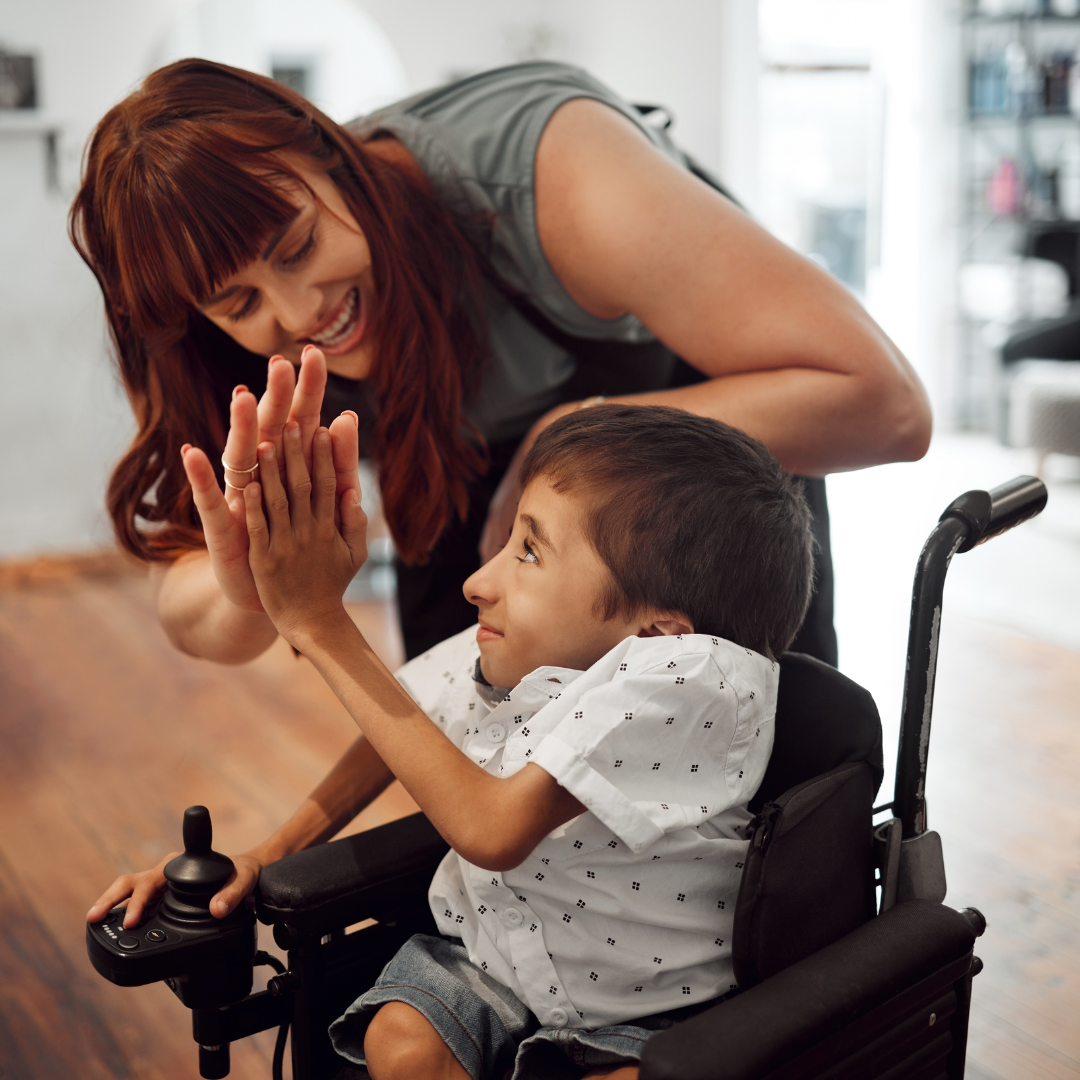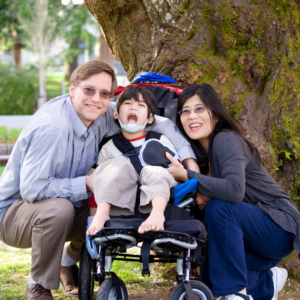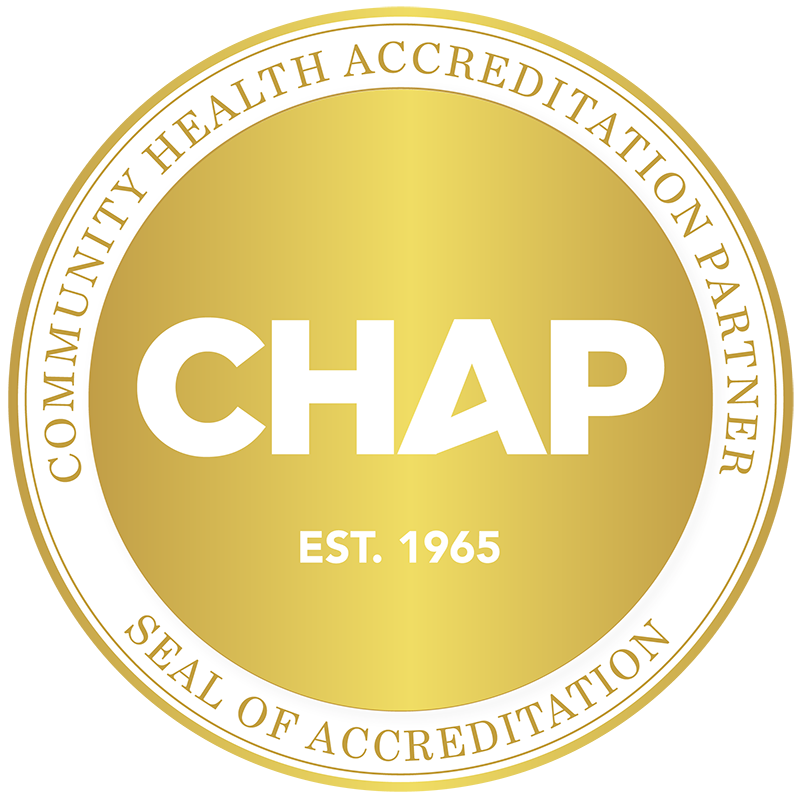Caring for medically fragile children comes with unique challenges, so the Florida Home Health Aides For Medically Fragile Children, or AMFC training program, is extensive.
The program has several key phases to prepare family caregivers to provide high-quality care, including theoretical training and hands-on learning. Phase 2 of the AMFC training program focuses on in-person instruction and skills competency—both essential for ensuring caregivers are fully equipped to handle their child’s medical needs.
What Is Phase 2 of the AMFC Training Program?
The second phase of the AMFC training program consists of 30 hours of in-person, hands-on training conducted by a registered nurse (RN). This RN must have at least two years of nursing experience, with at least one of those years dedicated to pediatrics.
The training is personalized and practical. It can take place in the caregiver’s home, either with their own medically fragile child or a pseudopatient, such as a mannequin used in CPR training. The training also includes scenarios involving conditions outside the caregiver’s specific experience, offering a well-rounded education that prepares them for various medical situations.
This comprehensive approach ensures caregivers develop confidence and competence when providing care, even for medical needs their child may not currently have. Its purpose is to enhance each participant’s knowledge and skill set.
What Happens After the Hands-On Training?
Once caregivers complete the 30-hour in-person training, they proceed to the the final step in the AMFC training program. The skills competency portion is a 16-hour evaluation where an internal nurse—often a familiar clinical supervisor—observes the caregiver performing specific tasks.
The skills competency aims to be approachable and friendly. Caregivers will demonstrate their abilities using their child or a pseudopatient, ensuring they feel prepared and supported throughout the process. It is important to note that caregivers must repeat this competency evaluation annually to maintain eligibility.
Atlantic Care Services’ Announcement
We are excited to announce that families are moving forward with the hands-on portion of the program. Here’s the message we share with parents:
“We are thrilled to announce that we are moving into the next phase of implementing the AMFC program! Atlantic Care Services families have completed their application processes, their theoretical training, and we are now moving them onto the 30-hour in-person training with an RN. After this, the last step they will need to complete is a 16-hour skills competency. Within the next few weeks, we are looking forward to our family members working their first shift as part of the AMFC program!
The Agency for Health Care Administration (AHCA) recently released FAQs that you or your patients’ families may find helpful. They address questions such as who qualifies as a family member, Medicaid eligibility, and more.
Agency for Health Care Administration FAQs
We appreciate your patience, communication, and help while we learn about this new program and work through the implementation process! We look forward to utilizing this program to further support our community and their needs.”
Supporting Families Every Step of the Way
The AMFC training program ensures that family caregivers are well-prepared to care for their medically fragile children. By focusing on theoretical education and hands-on training, the program sets caregivers up for success while offering peace of mind to families.
Contact us today if you have any questions about the AMFC training program or need assistance during this process. Our team is here to guide you every step of the way!
AMFC FAQ
Who is in charge of creating and conducting the required training?
The home health agency develops and provides employee training based on standardized program requirements.
Why must families take training courses that do not apply to their child’s specific medical needs?
The standardized training addresses common conditions and tasks associated with medically fragile children, ensuring all caregivers are well-prepared.
Who is eligible to participate in the training?
Caregivers, family members, and staff employed by the home health agency receive training to support medically fragile children.
Will the training be transferable if I switch to a different home health agency?
It depends on the home health agency. Some may accept prior training documentation, while others may require additional training and validation before employment.
